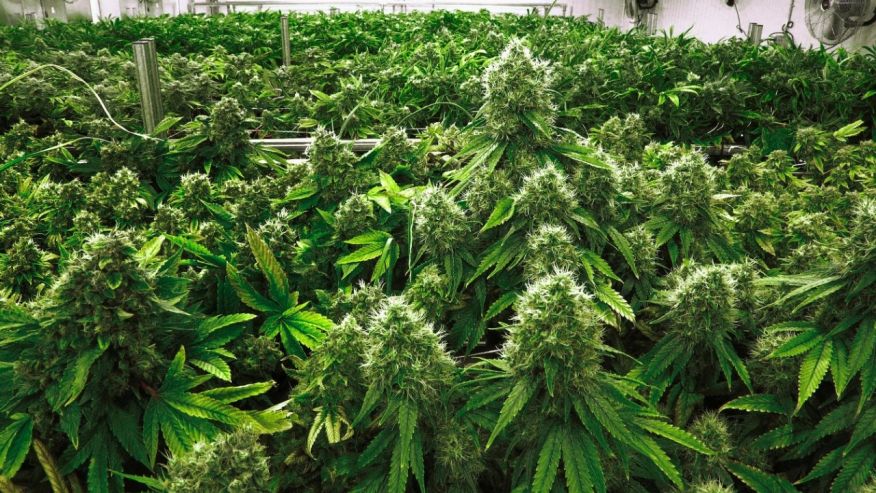 Huffington Post 29 December 2017
Huffington Post 29 December 2017
Family First Comment: Here’s a really key question…
“what we really need to do as a society is to deal with the reasons why we want to get high in the first place. Is it anxiety? Depression? Let’s treat these symptoms with appropriate therapy, provide adequate mental health coverage, so that one does not have to use mind-altering substances to get by. Then, we will have truly succeeded at making progress. Habitual drug use is not going to resolve our problems. The bottom line is that we have enough issues in this country these days. This country doesn’t need another legal intoxicant. Haven’t we learned enough with alcohol and tobacco?”
www.saynopetodope.nz
Yes, I’m going to go “there” again. I’m going to address the topic of marijuana legalization. But not because I want to dictate what American citizens do behind closed doors in their free time, or because I claim to know the precise entirety of the long-term effects – both positive (medicinal possibly) and negative – of this drug.
I’m going to dive into this topic again because you, the reader and the pro-pot voter, need to know that you’re being duped.
I apologize for being blunt about your blunt, but it’s true.
As of the New Year, marijuana is going to be legal for either recreational or medicinal use in 29 states and the District of Columbia – over half the country.
But hear this: the current “fight” for legalization is much less about your freedoms and much more about big business making big money at your expense. It’s about lobbyists and an industry with no federal oversight. Since marijuana is illegal at the federal level, you get no quality standards or oversight on the conditions where it is grown, processed, packaged, or sold. It’s an industry where they need to create more users to stay in business. It’s about commercialization not decriminalization, not local folks making a living.
As
Ben Cort articulates in his book Weed, Inc., “We are considering a massive shift in policy that will result in more access to a substance we know little about in its current form. We must not allow the conversation to be defined just by those who stand to profit.”
It seems that when Americans are asked about their position on legalizing marijuana, many respond in favor of legalizing based on medicinal or criminal beliefs. When a recent Smart Approaches to Marijuana (SAM) poll conducted in New York asked a follow up question that adjusted for the fact that personal marijuana possession is already decriminalized and medicalized in New York, respondents’
support for legalization dropped by a third.
Our current propositions to legalize marijuana are funded by deep pockets, to be sure. Recreational use is far different than medicinal use, and the lobbyists couldn’t care less about the communities in which they plan to place their shops.
“One of the things that we thought was going to happen when [recreational] marijuana was legalized was that drugs would be taken out of our community,”
said Candi CdeBaca, an education and community activist in Colorado whose longtime family home is steps from a commercial grow operation. “What happened was that the drugs stayed—and the drug dealers changed.”
We’re not passing laws that pave the way for our buddy’s “mom and pop shop” to grow and make some money that provides for their families. We’re passing laws that create a whole new industry that clearly
markets to kids with their gummy bears and cartoon advertisements,
cost us more than we will ever get back as communities in taxes, and has created a large and
powerful lobby driven by big business.
Add to this the fact that the level of THC in today’s marijuana is literally mind-boggling, and due to its federal illegality, there are no guidelines or regulations on its potency. This is not the marijuana of the past, to be sure.
READ MORE:
https://www.huffingtonpost.com/entry/why-i-still-oppose-recreational-marijuana-legalization_us_5a46710ee4b0df0de8b069e5

 Huffington Post 29 December 2017
Huffington Post 29 December 2017





